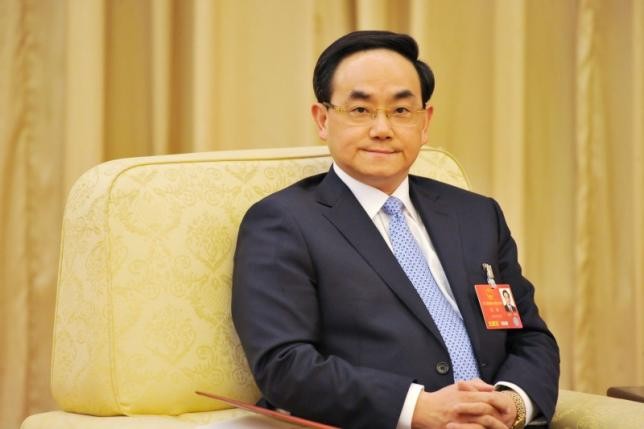Lu Wei, the country’s Internet czar, is stepping down from his post, with Deputy Director Xu Lin as his likely successor, The New York Times reported, citing reports by China's state media on Wednesday, June 29.
Although analysts were surprised at Lu's move, they believed that it would not ease the country's control on Internet use or its policies to reduce reliance on Western tech firms.
It was not clear if Lu's move indicates that he is in trouble or he is up for promotion.
It has been known in recent years that China is firm on its actions to block websites, censure content and monitor users.
Lu has made public lectures in American tech companies as well as politicians. He received praises from well-known tech executives like Apple's Tim Cook and Jeff Bezos of Amazon. Mark Zuckerberg received him in Facebook's campus and showed him his copy of President Xi Jinping's speeches.
Since 2013, there had been rumors about his downfall and observers saw this as an indication of Lu's prominence as one of China's rising political stars.
Lu was the director of a powerful committee of the Chinese Communist Party tasked to formulate its Internet policy. He has also headed the Cyberspace Administration of China since its creation in 2014.
Lu's likely successor as head of the Cyberspace Administration is Deputy Director Xu Lin, who worked under President Xi when the now-president was the Shanghai party secretary in 2007.
However, Lu's fate is still unclear. Although he retained his position as deputy head of the propaganda department, it was not clear if his departure from the Cyberspace Administration may be considered a demotion or not, according to Willy Wo-Lap Lam, a professor at the Chinese University of Hong Kong.
"It's too early to draw the conclusion that he's out," Lam said. "He might end up getting a promotion in another area of the bureaucracy. It's not uncommon for these important positions to be moved around frequently."
As head of the Cyberspace Administration, Lu managed to take control of some of the country's vocal social media critics, as well as helped draft laws on technology. He also helped bring the country's largest Internet companies to cooperate with the government.



























